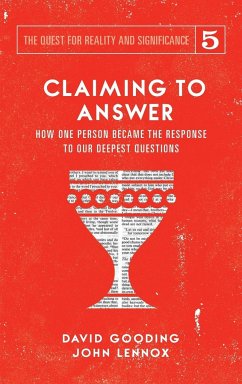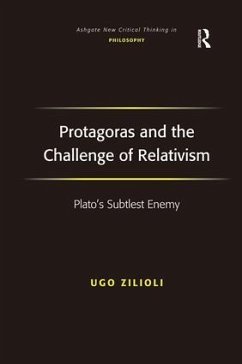
The Ethical Challenge of Auschwitz and Hiroshima: Apocalypse or Utopia?
Versandkostenfrei!
Nicht lieferbar
This book addresses the problem of religion, ethics, and public policy in a global technological civilization. It attempts to do what narrative ethicists have said cannot be done-to construct a cross-cultural ethic of human dignity, human rights, and human liberation which respects the diversity of narrative traditions. It seeks to do this without succumbing to either ethical relativism or ethical absolutism. The author confronts directly the dominant narrative of our technological civilization: the Janus-faced myths of "Apocalypse or Utopia." Through this myth, we view technology ambivalently...
This book addresses the problem of religion, ethics, and public policy in a global technological civilization. It attempts to do what narrative ethicists have said cannot be done-to construct a cross-cultural ethic of human dignity, human rights, and human liberation which respects the diversity of narrative traditions. It seeks to do this without succumbing to either ethical relativism or ethical absolutism. The author confronts directly the dominant narrative of our technological civilization: the Janus-faced myths of "Apocalypse or Utopia." Through this myth, we view technology ambivalently, as both the object of our dread and the source of our hope. The myth thus renders us ethically impotent: the very strength of our literal utopian euphoria sends us careening toward some literal apocalyptic "final solution." The demonic narrative that dominated Auschwitz ("killing in order to heal") is part of this Janus-faced technological mythos that emerged out of Hiroshima. And it is this mythic narrative which underlies and structures much of public policy in our nuclear age. This book proposes a coalition of members of holy communities and secular groups, organized to prevent any future eruptions of the demonic. Its goal is to construct a bridge not only over the abyss between religions, East and West, but also between religious and secular ethics.








